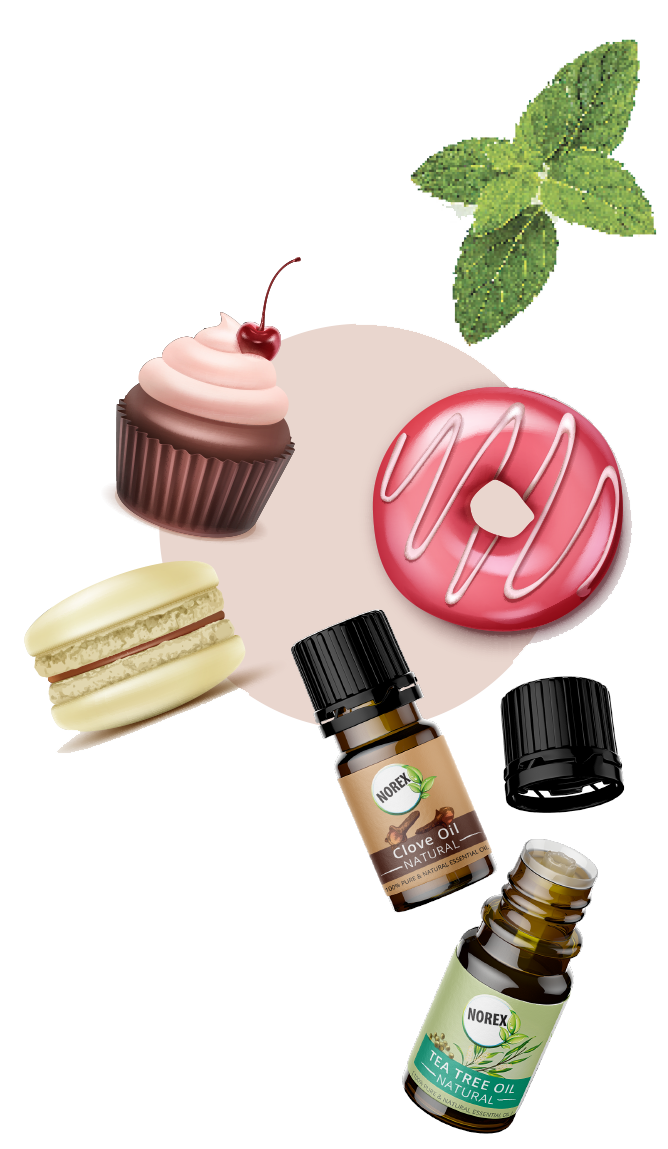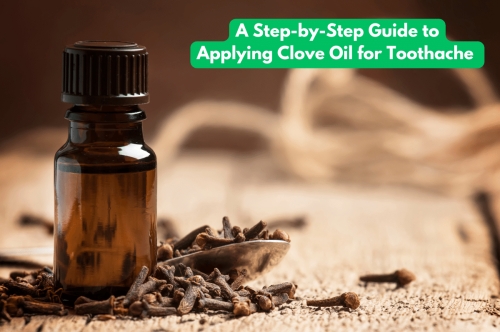Peppermint extract, derived from the leaves of the peppermint plant (Mentha piperita), has been a cherished ingredient in various culinary and medicinal traditions for centuries. Known for its invigorating aroma and potent therapeutic properties, peppermint extract has carved out a significant niche in kitchens, medicine cabinets, and cosmetic aisles worldwide. This article delves into the myriad benefits and uses of peppermint extract, highlighting its versatility and enduring appeal.
Culinary Applications
Peppermint extract is a staple in the culinary world, prized for its ability to impart a refreshing, cool flavor to both sweet and savory dishes. Its strong, minty taste makes it a popular choice for:
- Baking: Peppermint extract is often used in cookies, cakes, brownies, and other baked goods to add a distinctive minty flavor. Holiday treats like peppermint bark and candy canes also rely heavily on this extract.
- Beverages: From classic peppermint tea to festive holiday drinks like peppermint hot chocolate and peppermint mochas, this extract is a go-to flavoring for creating comforting and invigorating beverages.
- Desserts: Ice creams, puddings, and frostings benefit from the addition of peppermint extract, which adds a refreshing twist to traditional sweets.
Medicinal Uses
Peppermint extract has been lauded for its medicinal properties, particularly in traditional and alternative medicine. Its health benefits are backed by both historical usage and modern scientific research:
- Digestive Aid: Peppermint extract is known for its ability to soothe digestive issues. It helps relieve symptoms of irritable bowel syndrome (IBS), indigestion, and bloating by relaxing the muscles of the gastrointestinal tract.
- Respiratory Relief: The menthol in peppermint extract acts as a natural decongestant, making it useful for alleviating symptoms of colds, flu, and other respiratory conditions.
- Pain Relief: Topically applied peppermint extract can provide relief from headaches and migraines due to its cooling and analgesic effects. It is also effective in soothing muscle aches and joint pain.
Cosmetic and Aromatherapy Benefits
The invigorating scent of peppermint extract makes it a popular ingredient in cosmetic products and aromatherapy practices:
- Skin Care: Peppermint extract is often included in skin care products for its cooling and calming properties. It can help reduce skin irritation, redness, and itching.
- Hair Care: Shampoos and conditioners containing peppermint extract promote scalp health, reduce dandruff, and give hair a fresh, clean scent.
- Aromatherapy: The energizing aroma of peppermint extract is used in diffusers and essential oil blends to boost mental clarity, improve focus, and reduce stress and anxiety.
DIY and Household Uses
Beyond its commercial applications, peppermint extract is a versatile ingredient for various DIY projects and household uses:
- Natural Insect Repellent: Peppermint extract can be used to repel insects such as ants, spiders, and mosquitoes. Mixing it with water and spraying it around entry points can help keep pests at bay.
- Homemade Cleaners: Adding peppermint extract to homemade cleaning solutions not only imparts a fresh scent but also enhances the antibacterial properties of the cleaners.
- Crafting: Peppermint extract can be used in making homemade candles, soaps, and bath bombs, adding both fragrance and therapeutic benefits to these creations.
What is Peppermint Oil?
Peppermint oil is derived from the peppermint plant, a hybrid of watermint and spearmint. Its primary components, menthol and menthone, give it a distinct, invigorating scent and therapeutic properties. Used for centuries in traditional medicine, it’s now popular in aromatherapy, personal care products, and natural health remedies.
Benefits of Peppermint Oil
- Relieves Headaches and Migraines: Applying diluted peppermint oil to the temples can alleviate headache symptoms.
- Improves Digestion: Ingesting small amounts or inhaling the scent can soothe digestive issues like bloating and gas.
- Enhances Respiratory Function: Its menthol content helps clear nasal congestion and relieve sinus discomfort.
- Soothes Muscle Pain: When applied topically, peppermint oil can reduce muscle soreness and tension.
- Boosts Energy Levels: The invigorating scent can increase alertness and combat fatigue.
- Supports Oral Health: Peppermint oil is often used in toothpaste and mouthwashes for its antibacterial properties and freshening effect.
How to Choose the Best Peppermint Oil
When selecting the best peppermint oil, consider the following criteria:
- Purity: Look for 100% pure peppermint oil without additives or fillers.
- Source: High-quality peppermint oil is typically sourced from the USA, India, or Mediterranean countries.
- Extraction Method: Cold-pressed or steam-distilled oils retain the most beneficial properties.
- Certification: Organic and therapeutic grade certifications ensure quality and safety.
- Reviews: Positive customer reviews can indicate a reliable product.
Top Picks for the Best Peppermint Oil
1. Artizen Peppermint Essential Oil
Features:
- 100% pure and natural
- Free from dilution or additives
- Steam distilled for maximum potency
Why It’s the Best: Artizen Peppermint Essential Oil is highly rated for its purity and potency. The oil is extracted using steam distillation, ensuring that it retains all the beneficial properties of the peppermint plant. It’s an excellent choice for aromatherapy, topical applications, and DIY projects.
2. Majestic Pure Peppermint Essential Oil
Features:
- Therapeutic grade
- Cold-pressed extraction
- Cruelty-free and not tested on animals
Why It’s the Best: Majestic Pure offers a high-quality, therapeutic grade peppermint oil that is versatile and effective. Its cold-pressed extraction method preserves the oil’s natural qualities, making it ideal for both health and beauty applications.
3. Plant Therapy Organic Peppermint Essential Oil
Features:
- USDA Certified Organic
- 100% pure with no additives
- Child-safe options available
Why It’s the Best: Plant Therapy’s commitment to organic farming and stringent quality controls make their peppermint oil a top choice. It’s certified organic, ensuring it’s free from pesticides and harmful chemicals, making it safe for the whole family.
How to Use Peppermint Oil
- Aromatherapy: Add a few drops to a diffuser to enjoy its invigorating scent and respiratory benefits.
- Topical Application: Dilute with a carrier oil (like coconut or jojoba oil) before applying to the skin to relieve headaches, muscle pain, or for a cooling effect.
- Ingestion: Only ingest food-grade peppermint oil in very small amounts, and always consult a healthcare provider first.
- Cleaning: Use peppermint oil as a natural antibacterial agent in homemade cleaning solutions.
- Beauty: Incorporate it into your skincare routine to soothe irritation and refresh the skin.
Safety and Precautions
While peppermint oil is generally safe for use, it’s important to follow these precautions:
- Dilution: Always dilute peppermint oil with a carrier oil before topical use to prevent skin irritation.
- Allergies: Perform a patch test to check for any allergic reactions.
- Consultation: Pregnant women, nursing mothers, and individuals with certain health conditions should consult a healthcare provider before using peppermint oil.
- Storage: Keep the oil in a cool, dark place to maintain its potency.
For More Info:-



Comments
Post a Comment